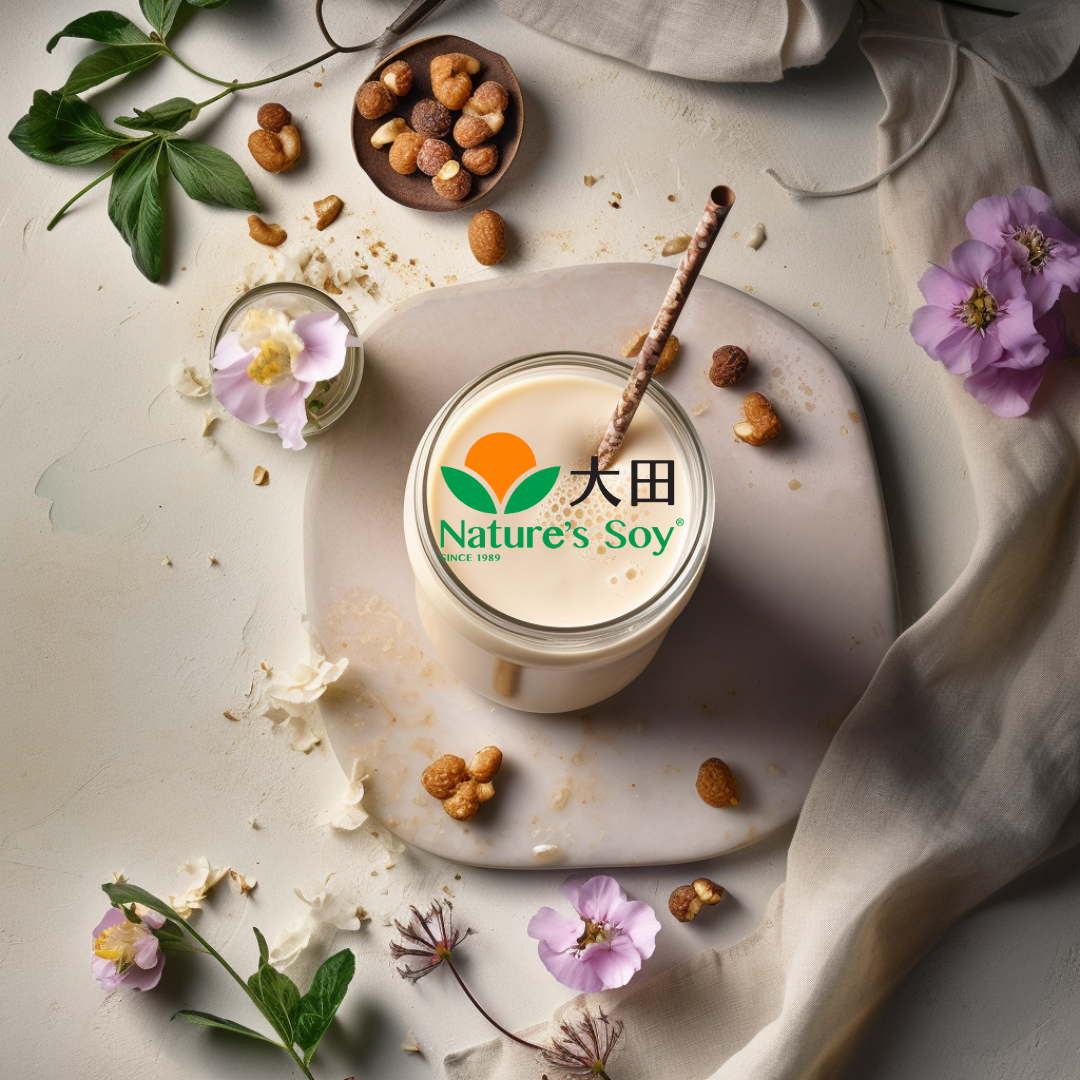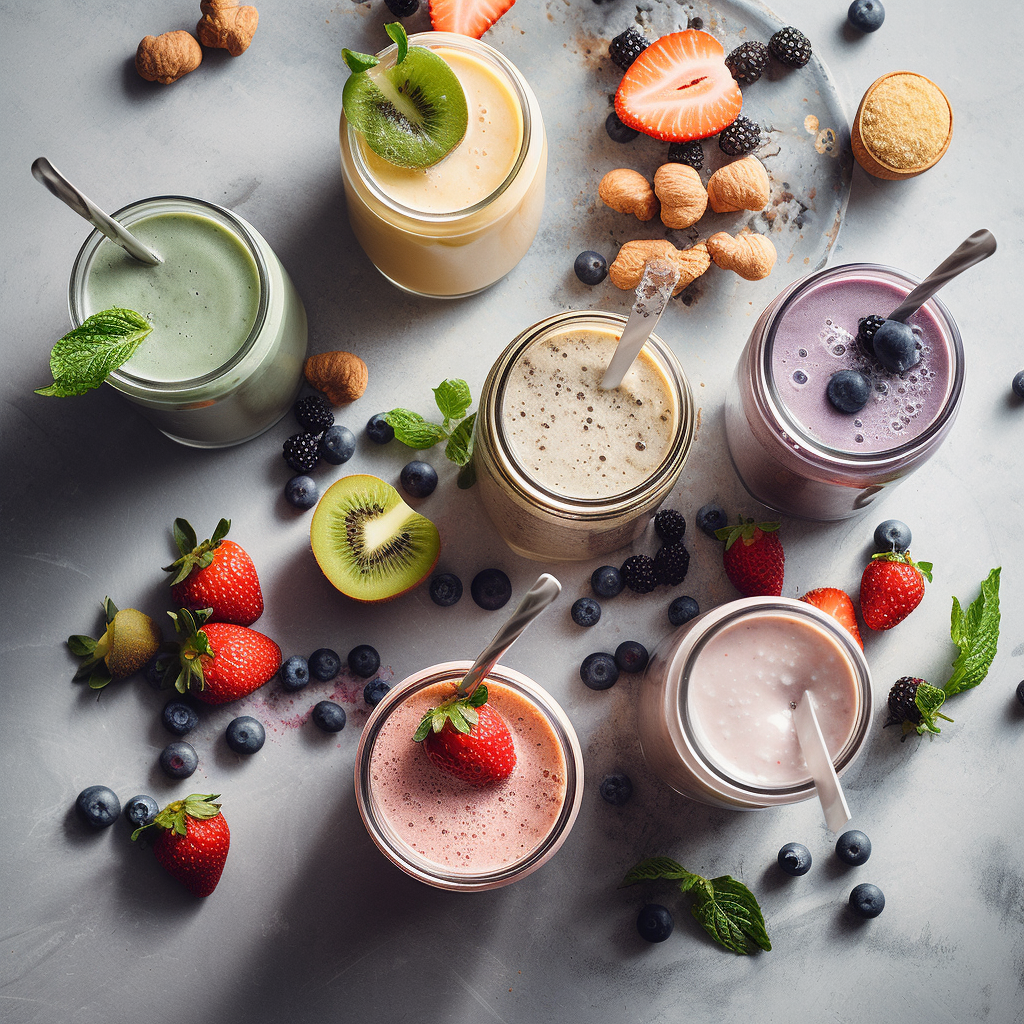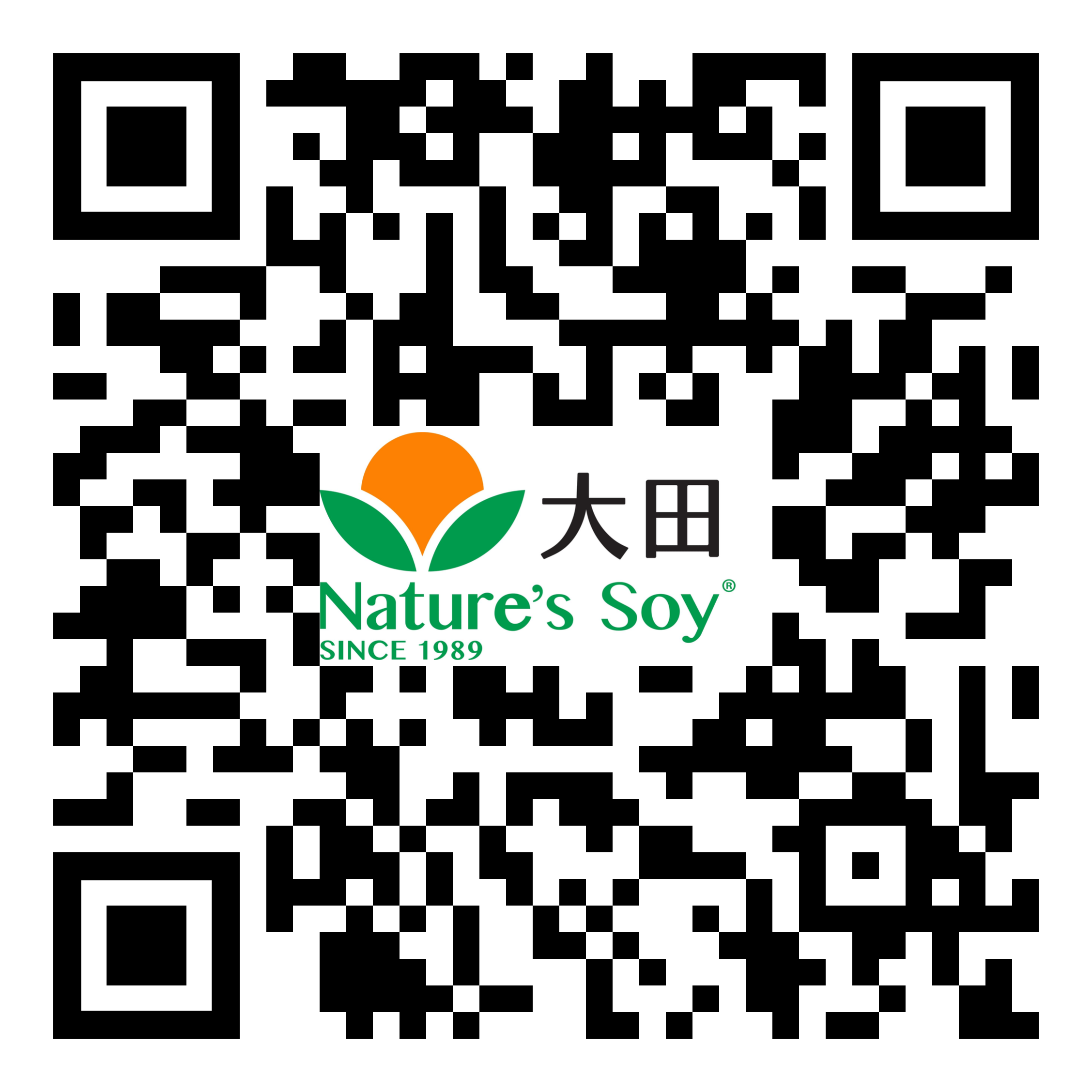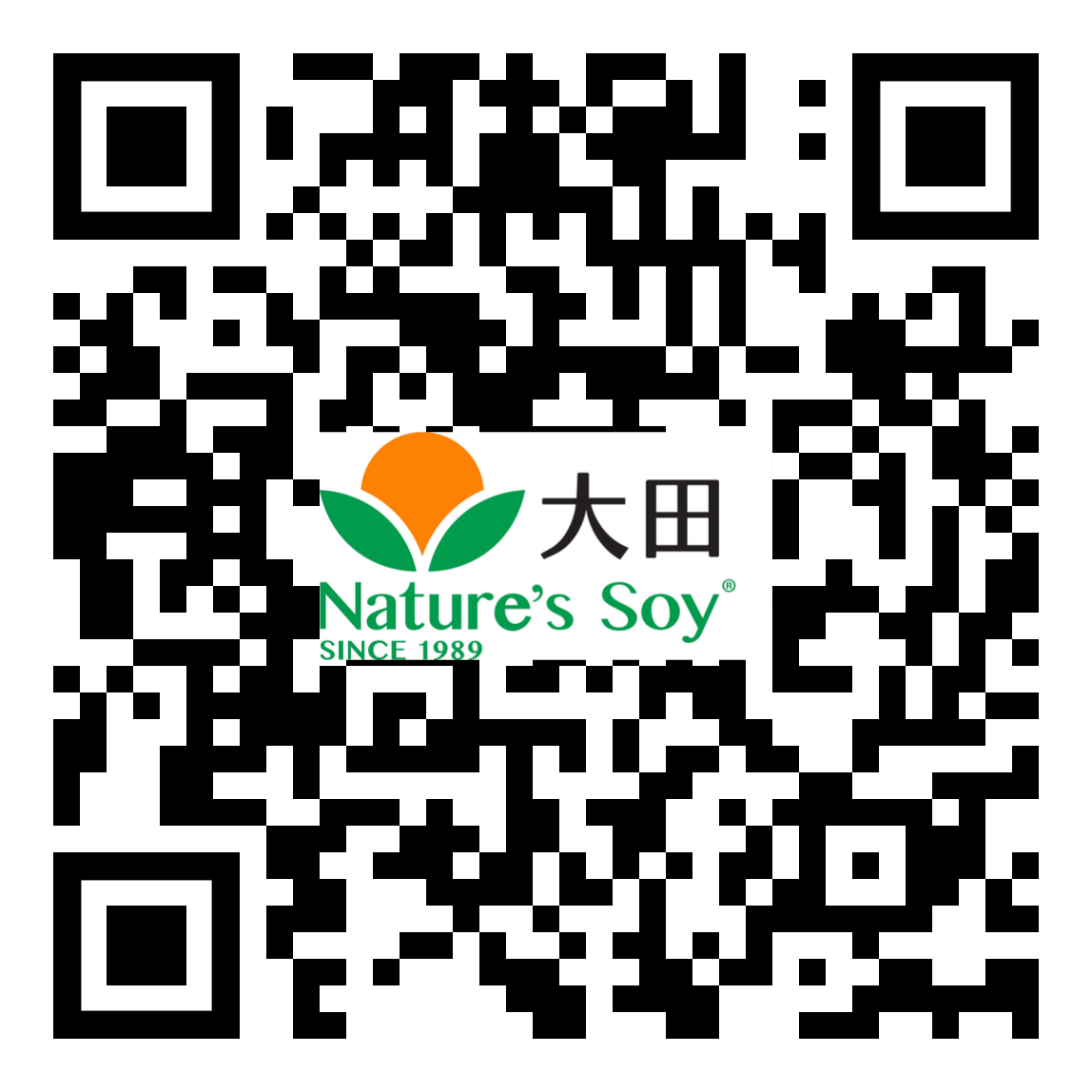Soymilk Benefits for Women: Exploring the Health Advantages and Nutritional Value
Soy milk is a popular plant-based alternative to cow's milk that has gained popularity in recent years. It is made from soybeans and has a creamy texture and nutty flavor. While both men and women can benefit from drinking soy milk, women should consider adding it to their diet. This blog post discusses three reasons why women should drink more soy milk.
Better Bone Health
Soy milk is a rich calcium source, essential for building and maintaining strong bones. Women are at an increased risk of developing osteoporosis, a condition where bones become weak and brittle, leading to an increased risk of fractures. Drinking soy milk can help prevent the development of osteoporosis in women. A cup of soy milk contains around 300 mg of calcium, which is about 30% of the recommended daily intake. It also fortified soy milk with vitamin D, which helps the body absorb calcium. (Wei et al., 2019)
Women are at a higher risk of developing osteoporosis than men. Studies show that more than half of women over 50 years old have low bone density or osteoporosis. This is because women have smaller bones and lose bone mass more quickly than men. Drinking soy milk can help women protect their bone health and reduce the risk of fractures. (Weaver and Cheong., 2020) (American Bone Health., 2017)
Hormonal Balance
Soy milk contains isoflavones, a type of phytoestrogen. Phytoestrogen is a plant compound that can mimic the effects of estrogen in the body. Estrogen is a hormone that plays a crucial role in women's health, affecting everything from menstrual cycles to bone health. Soy milk can help balance estrogen levels in women, helping to regulate menstrual cycles and reduce symptoms of menopause, such as hot flashes and mood swings.
Menopause is a natural process that occurs in women when their estrogen levels decline. Soy milk can help ease these menopause symptoms by providing a natural source of phytoestrogen that can help regulate hormonal balance. (J Clin Diagn Res., 2017)
Lower Risk of Breast Cancer
Cancer is the most common cancer in women worldwide, accounting for 25% of all cancers. While there is no single cause of breast cancer, lifestyle factors, such as diet, can play a role in reducing or increasing the risk. Several studies have suggested that consuming soy products, such as soy milk, can help lower the risk of breast cancer in women. Soy milk contains isoflavone, which has been shown to have anti-cancer properties. (Wu et al., 2019)
Breast cancer is a serious health concern for women. Consuming soy milk regularly, it may help to lower their risk of developing breast cancer. Isoflavone in soy milk can help regulate cell growth, which can help prevent the development of cancer cells. (Zhang et al., 2019)
Other Benefits of Soy Milk
Aside from the three benefits mentioned above, soy milk has other benefits that make it a great choice for women.
Weight Management
Soy milk is low in calories, making it an excellent choice for women who are trying to manage their weight. A cup of soy milk contains about 80-100 calories, compared to cow's milk, which contains about 150 calories per cup. Soy milk is also low in saturated fat and cholesterol, making it a heart-healthy option. (USDA Basic Report: 16115, Soy Milk, Unsweetened, 2019)
Heart Healthy Soy milk is rich in heart-healthy nutrients such as potassium, magnesium, and fiber. These nutrients can help reduce the risk of heart disease in women. Soy milk is also a good source of omega-3 fatty acids, which can help lower blood pressure and reduce the risk of heart attack and stroke. (American Heart Association News., 2020)
Skin Health
Soy milk contains isoflavone, which has been shown to have anti-aging properties. These properties can help improve skin elasticity and reduce the appearance of fine lines and wrinkles. Soy milk is also a good source of vitamin E, which can help protect the skin from damage caused by UV rays. (Messina., 2016)
How to Incorporate Soy Milk into Your Diet
Incorporating soy milk into your diet is easy. You can drink it straight from the glass or use it in your coffee or tea. You can also use soy milk in your cereal or smoothies. We can also use soy milk as a substitute for cow's milk in recipes such as pancakes, muffins, and cakes.
Besides the many health benefits of soy milk, our company offers a variety of soymilk products that are both delicious and nutritious. Nature's Soy is made from high-quality, non-GMO soybeans and is free from artificial flavors and preservatives. Whether you're looking for Reduced Sugar, High Fiber soy milk, Unsweetened or sweetened, Black Tea, Black Sesame, or Matcha-flavored, we have a product that will suit your tastes. Try our products today and experience the health benefits of soy milk for yourself!
Soy milk is an excellent choice for women looking to improve their health. The benefits include better bone health, and hormonal balance, and may lower the risk of breast cancer. Soy milk is also low in calories, good for heart health, and can improve skin health. By incorporating soy milk into your diet, you can enjoy these benefits and more. Consider swapping your regular milk for soy milk and don't forget to try Nature Soy's delicious and nutritious soymilk products!
References
American Bone Health. (2017). Retrieved from https://americanbonehealth.org/nutrition/nutrientsforbonehealth/
American Heart Association News. (2020). Retrieved from https://www.heart.org/en/news/2020/03/23/soy-rich-foods-like-tofu-may-help-lower-heart-disease-risk
J Clin Diagn Res. (2017). Retrieved from https://www.ncbi.nlm.nih.gov/pmc/articles/PMC5713750/
Messina. (2016). Retrieved from https://www.ncbi.nlm.nih.gov/pmc/articles/PMC5188409/
USDA Basic Report: 16115, Soy Milk, Unsweetened. (2019). Retrieved from https://fdc.nal.usda.gov/fdc-app.html#/food-details/2257044/nutrients
Weaver and Cheong. (2020). Retrieved from https://www.ncbi.nlm.nih.gov/pmc/articles/PMC4548170/
Wei et al. (2019). Retrieved from https://pubmed.ncbi.nlm.nih.gov/16157834/
Wu et al. (2019). Retrieved from https://www.ncbi.nlm.nih.gov/pmc/articles/PMC4358431/
Zhang et al. (2019). Retrieved from https://www.ncbi.nlm.nih.gov/pmc/articles/PMC5444962/










